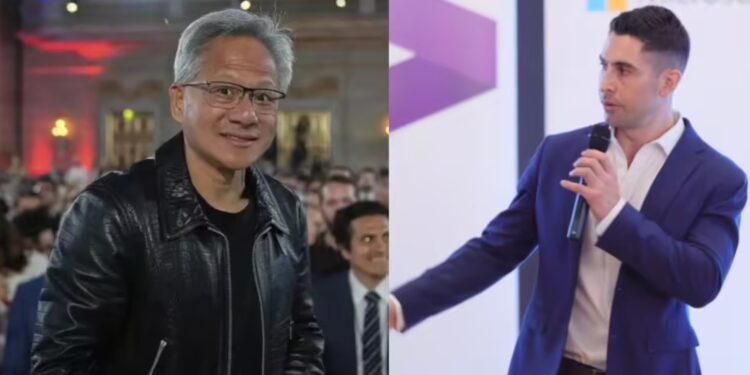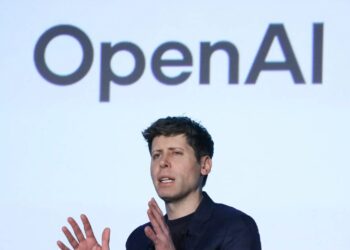The integration of Artificial Intelligence (AI) into education has ignited a fervent debate: will it empower students with personalized learning experiences or foster a detrimental passivity? Tech luminaries Jensen Huang, CEO of Nvidia, and Ramine Tinati, lead at Accenture’s APAC Center for Advanced AI, offer starkly contrasting visions for AI’s role in the classroom.
Jensen Huang champions AI as a profound amplifier of human intelligence and a tool for unprecedented personalization. He envisions a future where AI tutors, like Khanmigo and Perplexity AI, provide tailored guidance, freeing students from rote memorization and enabling deeper intellectual engagement. Huang, who personally uses AI daily, dismisses concerns about cognitive impairment, arguing instead that AI can advance cognitive skills by allowing individuals to focus on higher-order thinking, synthesizing ideas, and asking more profound questions. For Huang, AI is not a shortcut, but a powerful co-pilot that enhances individual potential and democratizes access to knowledge.
Conversely, Ramine Tinati cautions against the uncritical adoption of AI in education, highlighting the risk of fostering passivity. He questions whether the speed and efficiency offered by AI tools truly translate to deeper understanding or merely encourage students to become reliant on AI-generated solutions. Tinati argues that merely “bolting AI onto existing structures” without a fundamental “reinvention of the work” in education could lead to students becoming passive recipients of information. His concerns echo a broader sentiment that over-reliance on AI might erode critical thinking, problem-solving skills, and the “productive struggle” that is often essential for true learning.
The divergence in their views underscores a critical juncture for educators. While AI undeniably offers the promise of adaptive learning platforms, automated grading, and individualized feedback, the challenge lies in designing systems that promote genuine engagement and intellectual curiosity, rather than simply expediting task completion. The debate between personalization and passivity is not merely about the technology itself, but about the pedagogical philosophies and educational structures that will shape how AI ultimately impacts the minds of the next generation.










![Online Scam Cases Continue to Rise Despite Crackdowns on Foreign Fraud Networks [Myanmar] Online Scam Cases Continue to Rise Despite Crackdowns on Foreign Fraud Networks [Myanmar]](https://sumtrix.com/wp-content/uploads/2025/06/30-12-120x86.jpg)





